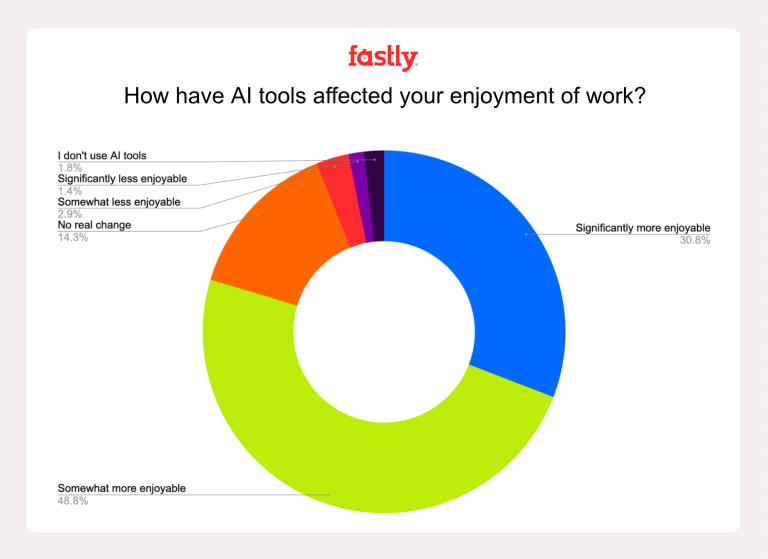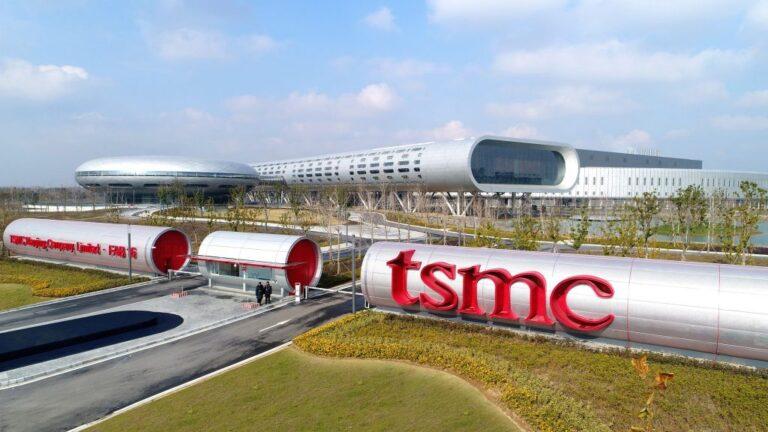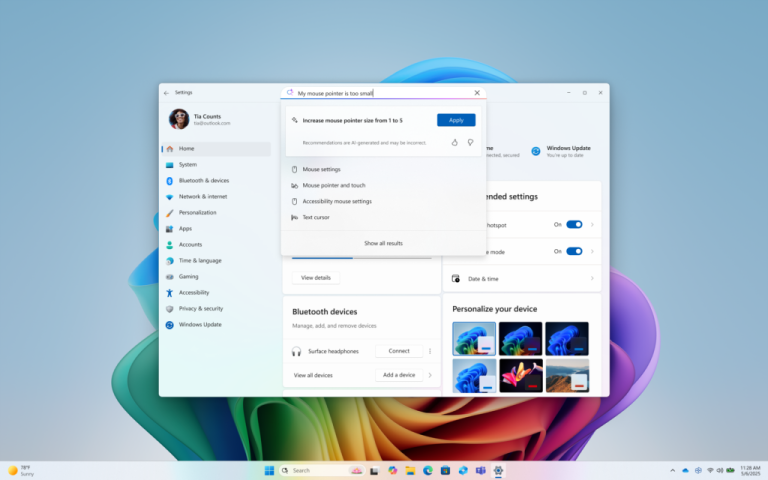
Image: Samsung
Since the sale of the fab, AMD has basically relied on TSMC and GlobalFoundries to manufacture chips for more than ten years. However, there have been reports that since TSMC has been implementing Apple’s priority strategy and Intel’s participation, it may affect the future production capacity allocation of TSMC’s advanced processes, AMD may establish a new partnership with Samsung and become the first customer of Samsung’s 3nm GAA process.

Recently, a JP Morgan research Overweight analysis shared a report on his Twitter account, stating that AMD may use Samsung’s 4nm process to manufacture the APU used in Chromebooks, which will be mass-produced by the end of 2022. Due to the current downward trend in Chromebook market demand, I believe there will not be too many chips in this part.
It is understood that AMD plans to use Samsung’s 4LPP process (second-generation 4nm-level process). AMD needs to make relevant preparations to switch to Samsung’s technology, and the cost is not small. At the same time, the market for Chromebooks is limited, and the cost is not low financially. Analysts believe that AMD is only trying to do this, and it will also evaluate Samsung’s 3nm process projects. In the future, Samsung may be able to make some GPUs.
JP Morgan’s report stated that AMD’s core platforms (used in servers, desktops, and notebooks) will still use TSMC’s N3 process node. AMD is relatively conservative in adopting manufacturing technology and generally will not take the lead in adopting the most advanced process nodes. It is expected that AMD may begin to introduce TSMC’s N3 process in 2024, and it may directly adopt the N3E process.





